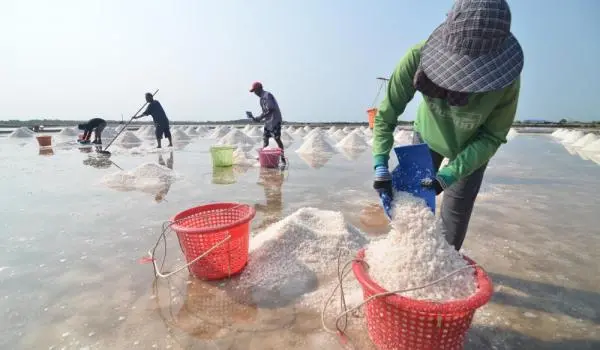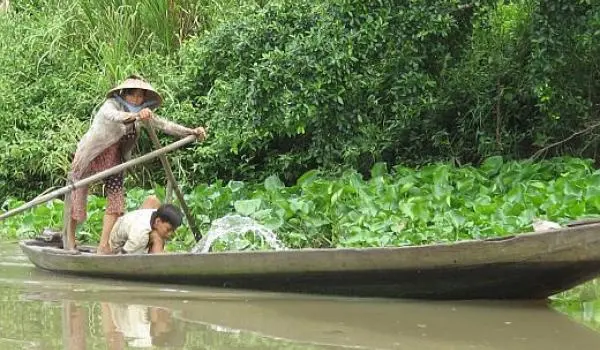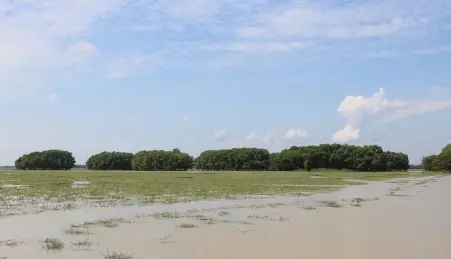Launch of the Indo-Burma Wetland Outlook: Key recommendations for strengthening collaboration through the Indo-Burma Ramsar Regional Initiative
The session will showcase a number of tangible examples of what the Indo-Burma Wetland Outlook and wider work of IBBRI is already delivering, to demonstrate how to scale-up action, supporting Contracting Parties to fill the implementation gap.
The Indo-Burma Ramsar Regional Initiative (IBRRI) was developed jointly by the Ramsar Contracting Parties of Cambodia, Laos, Myanmar, Thailand and Vietnam, with the support of IUCN Asia. The initiative was endorsed by the Ramsar Convention in 2016, and aims to serve as a transboundary facilitation platform for the regional implementation of the Ramsar Convention.
As part of IBRRI’s Strategic Plan (2019-2024), IBRRI initiated the development of the Indo-Burma Wetland Outlook. This Outlook mirrors the Global Wetland Outlook, with a focus on the region’s key ecosystem services, and on preparedness for the changing world under new climate regimes.
The Indo-Burma Wetland Outlook takes stock of the current status and trends within the Ramsar sites and other wetlands in the five countries. It aims to provide guidance and recommendations to support countries in safeguarding biodiversity and ensuring the continuity of the ecosystem services that wetlands provide to millions of people.
A number of publications and references were reviewed to compile an assessment of the overall situation of wetlands in Indo-Burma and of the 40 Ramsar sites in the region. For all Ramsar sites, authors conducted interviews with wetland experts, rangers, NGO representatives and government agencies.
Key findings from the Outlook indicate that the extensive conversion of wetlands to rice production and aquaculture ponds is resulting in relatively small remaining areas of natural inland wetlands. The Outlook recommends to update the national wetland inventories for Cambodia, Lao PDR, Thailand and Viet Nam to provide a current view of the extent of wetlands in each country. There is a need to urgently address the drivers of wetland loss that are leading to a deterioration in the ecological character of all wetlands, particularly Ramsar sites.
The findings also highlighted that the Indo-Burma region is one of the most biodiverse parts of the world, however there is poor documentation of the diversity and levels of endemism of wetland-dependent species. There is a need to strengthen the documentation and reporting on the diversity and distribution of wetland species in the region, to support the development and implementation of species conservation plans for those most at risk.
The session will showcase a number of tangible examples of what the Indo-Burma Wetland Outlook and wider work of IBBRI is already delivering, to demonstrate how to scale-up action, supporting Contracting Parties to fill the implementation gap. These include actions such as conducting climate change adaptation plans for Ramsar sites in the region and organising transboundary dialogues to provide a platform for governments and partners to develop approaches to address regional issues.
This event will provide an opportunity for the five Contracting Parties and partners to review key recommendations from the Outlook and initiate the development of a plan to implement the recommended actions. IUCN Asia will facilitate the discussion, providing support and guidance, and working with Contracting Parties to help identify potential funding sources for implementation.
The discussion will contribute to the implementation of COP resolutions including COP 13 Resolution XIII.10 on Status of Sites in the Ramsar List of Wetlands of International Importance and COP 14 Draft Resolutions 18.4, 18.9 and 18.20.



